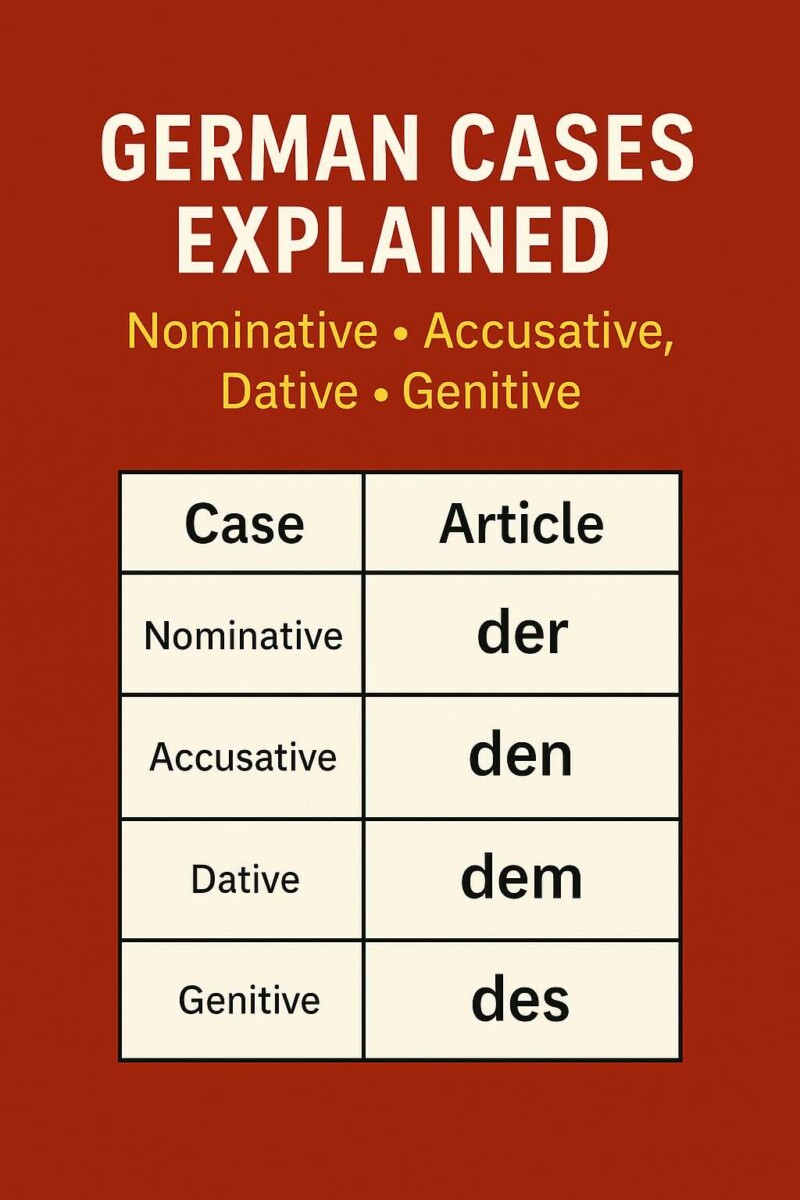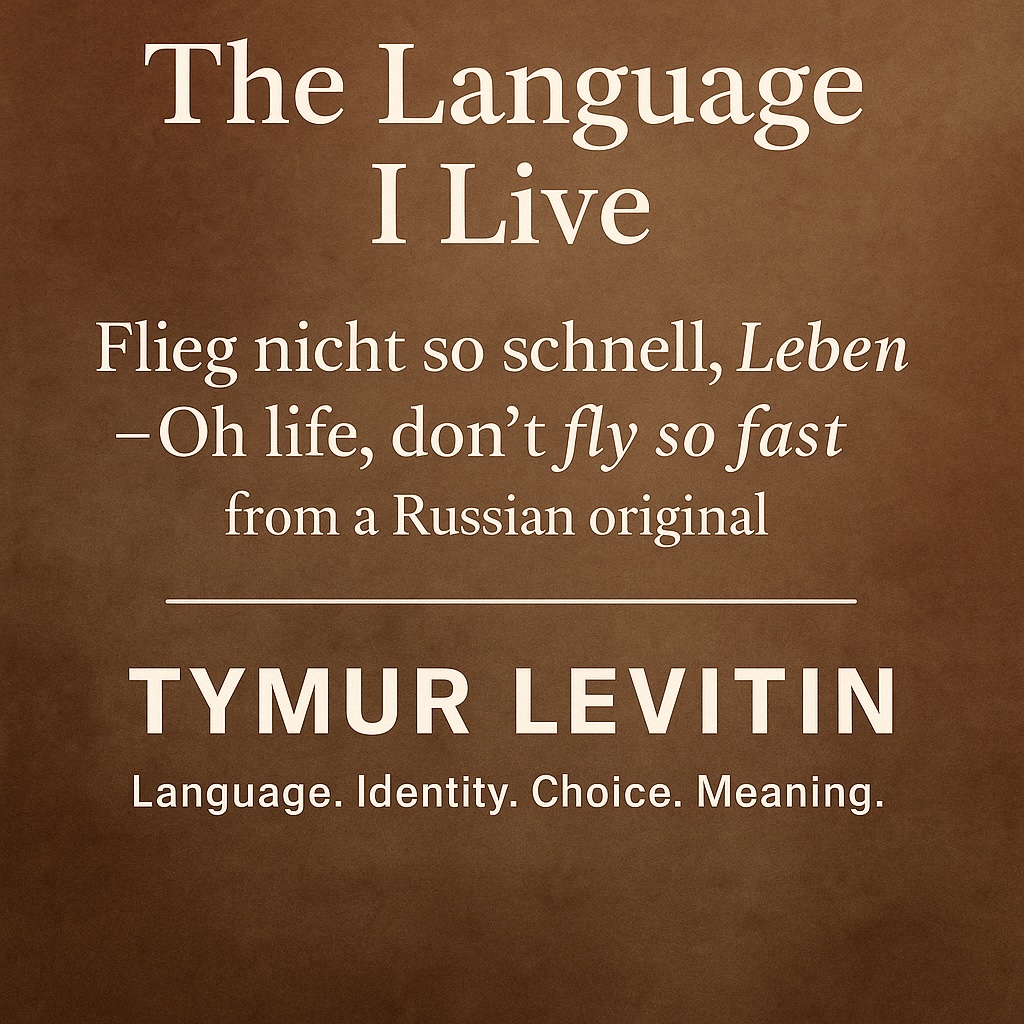Wprowadzenie
Many learners of German know the grammar and vocabulary but still hesitate to speak fluently. Fear of mistakes, lack of practice, and unfamiliarity with different accents often block progress.
Przy Levitin Language School | Start Language School by Tymur Levitin, we focus on real conversation practice online, helping students gain fluency and confidence in German.
1. Why Speaking German Is Difficult for Learners
- Complex word order and long sentences.
- Formal vs. informal speech (Sie vs. du).
- Fast native speech in different regions (Germany, Austria, Switzerland).
👉 That’s why consistent practice with a tutor is key.
2. Role-Play and Real-Life Dialogues
Tutors simulate everyday and professional situations:
- ordering in restaurants,
- small talk at work,
- asking for help in public places,
- business meetings.
This prepares students for prawdziwa komunikacja.
3. Quick Response Training
One major challenge is hesitation. Tutors use fast-paced Q&A drills to:
- train instant reactions,
- reduce dependence on translation,
- make speaking natural and automatic.
4. Storytelling and Sharing Opinions
Fluency is not only about answering questions — it’s about expressing yourself. Tutors encourage students to:
- tell short stories,
- describe experiences,
- share opinions and arguments.
This expands vocabulary and develops conversational confidence.
5. Why Online Tutors Work Best
- Personalized practice adapted to your needs.
- Immediate corrections and feedback.
- Exposure to different accents and cultural contexts.
- Flexibility for busy schedules.
Wnioski
Speaking German fluently requires practice, not just theory. With the help of an online tutor, you can overcome fear, build confidence, and enjoy real conversations in German.

Recommended Articles
- German Exam Preparation Online: How Tutors Help You Pass Goethe, TestDaF, and TELC
- Business German Online: Communicate Effectively at Work
- Why Choose a Private Online Tutor for English, German, or Spanish?
Read this article in other languages
- 🌐 Русская версия: Читать статью на русском в Google Blogger
- 🇺🇦 Українська версія: Читати статтю українською в Google Blogger
- 🇪🇸 Versión en español: Leer el artículo en español en Google Blogger
✍️ Author’s work by Tymur Levitin — founder, director, and head teacher of Levitin Language School | Start Language School by Tymur Levitin.
© Tymur Levitin | Teacher’s profile
























